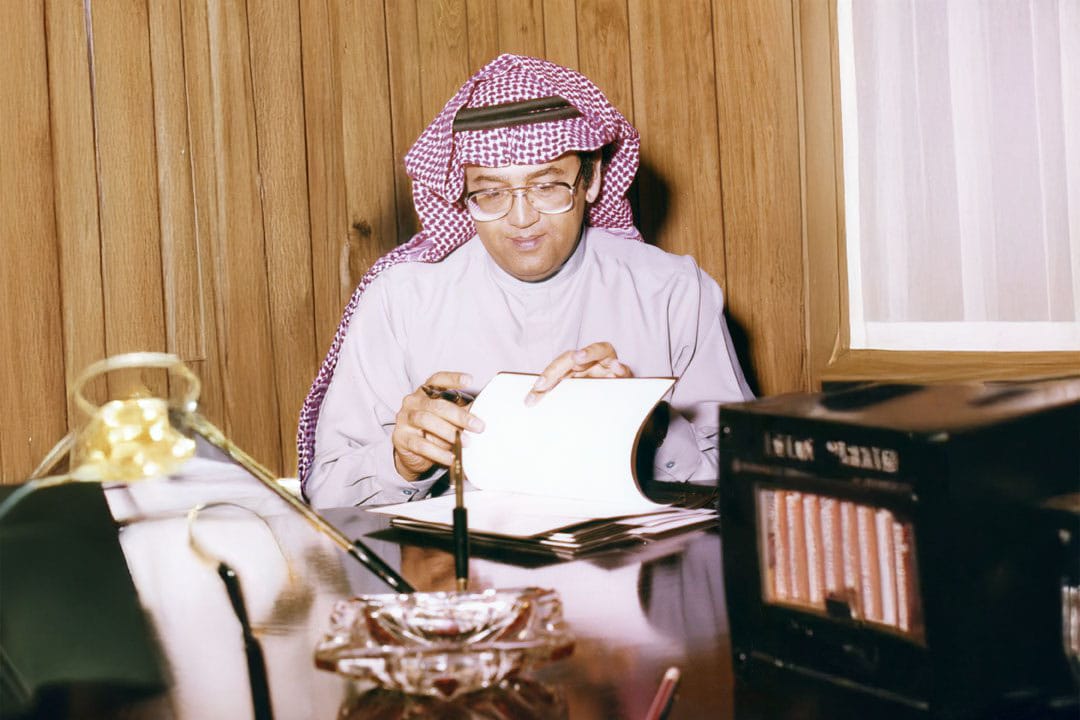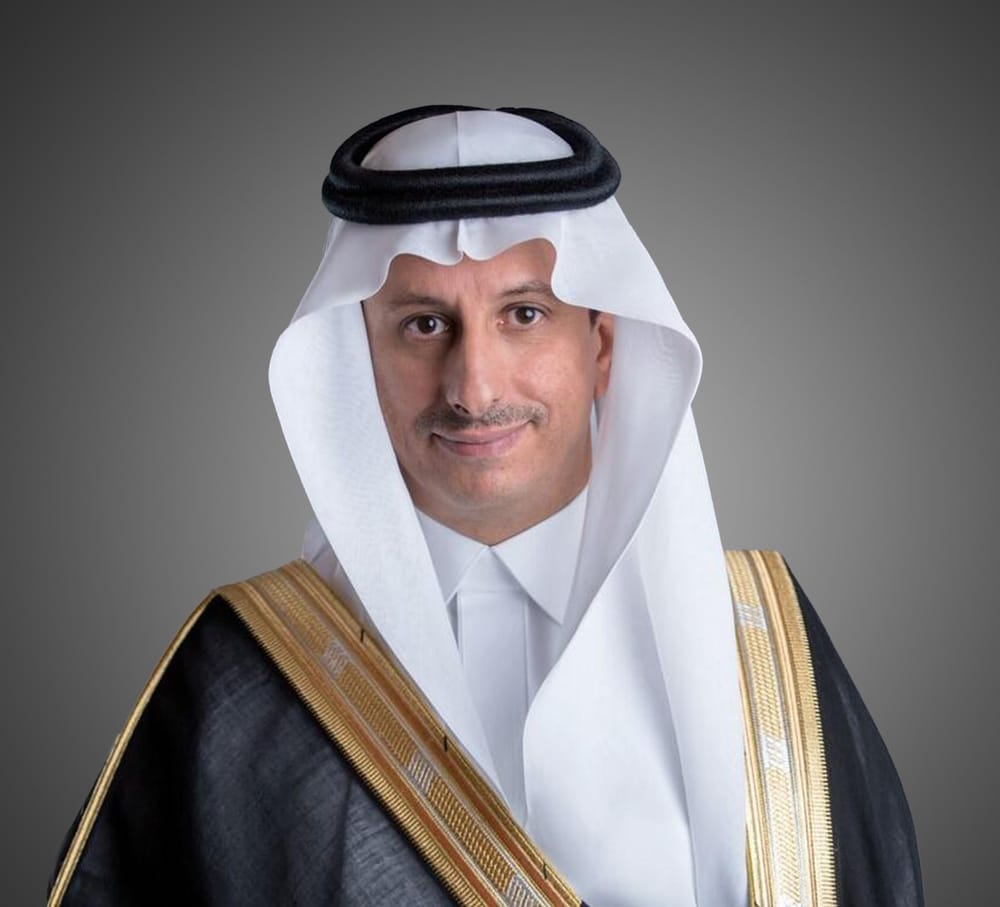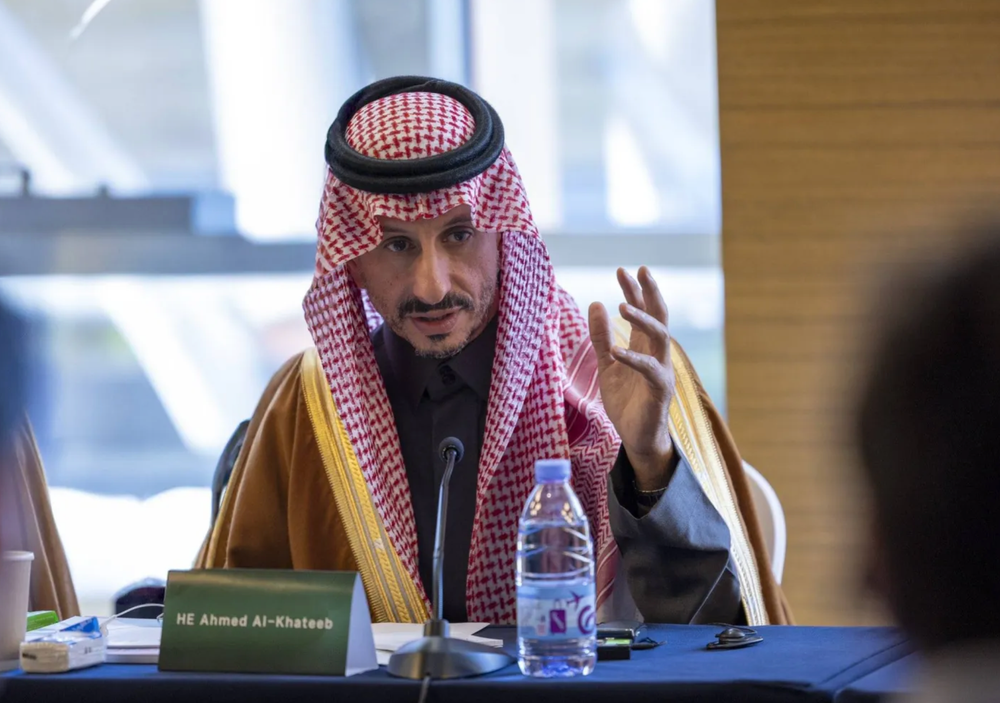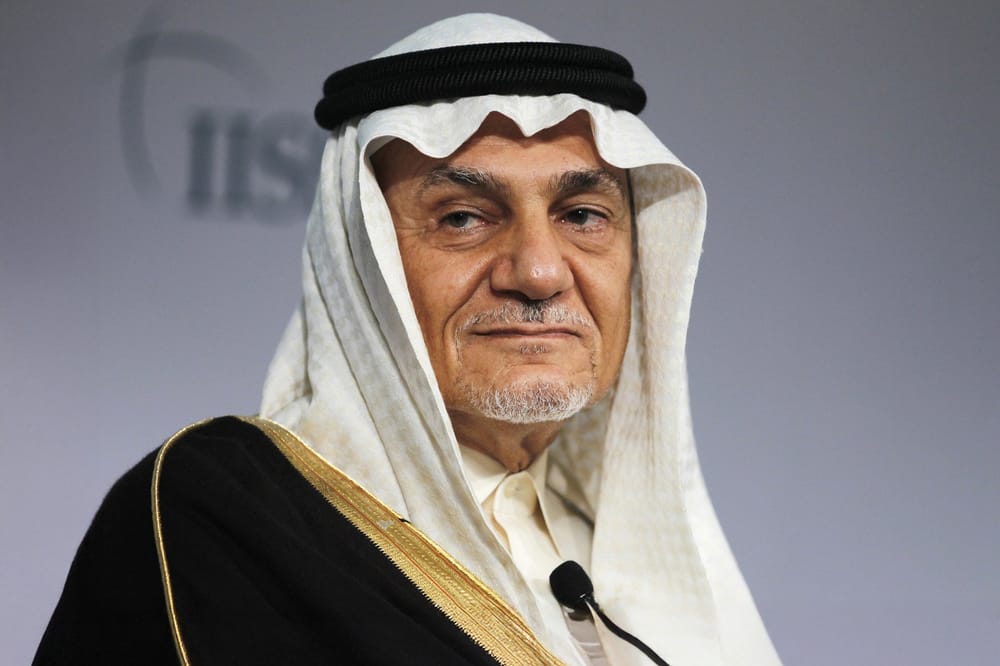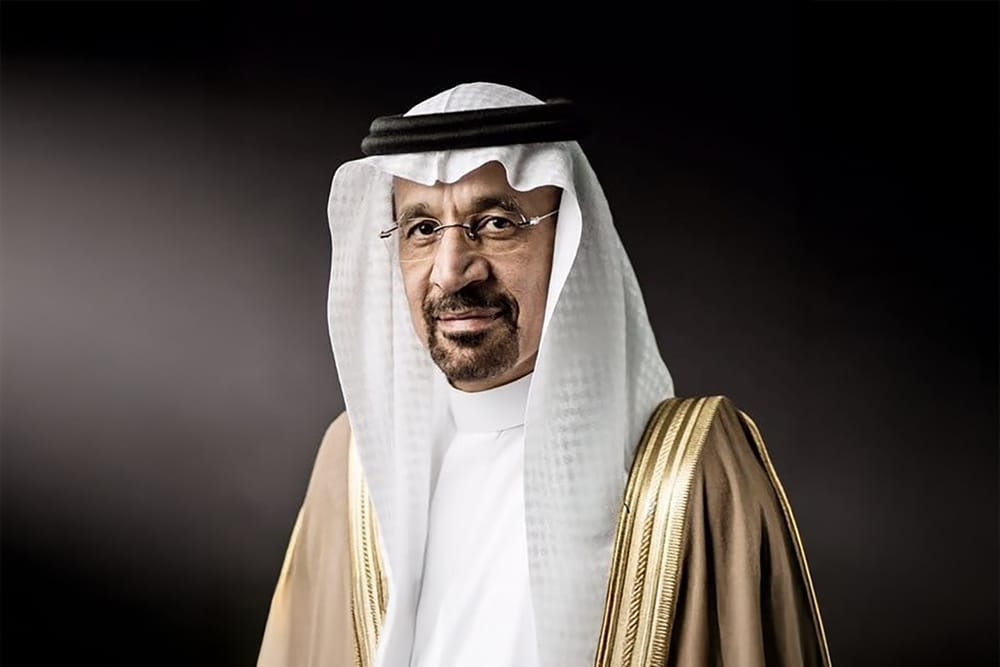What Defines a Lasting Diplomatic Legacy?
For many diplomats, success is measured in treaties, state visits, and official communiqués.
But for Ghazi Al Gosaibi—Saudi Arabia’s former Ambassador to Bahrain and to the United Kingdom—diplomacy was a human art.
He did not merely represent Saudi Arabia.
He revealed its heart.
Through poetry, culture, and personal relationships, he crafted an image of his nation that no official document could convey.
At a time when the practice of diplomacy is being redefined by global narratives, media influence, and the demand for transparency, Ghazi Al Gosaibi’s example offers a timeless model for those entrusted with their nation’s image.
Diplomacy Through the Language of Culture
Al Gosaibi was first and foremost a man of letters.
A poet, novelist, and intellectual whose works resonated across the Arab world and beyond.
He believed that culture is not an accessory to diplomacy—it is its soul.
As Ambassador to Bahrain in the 1980s, he wove cultural connection into every aspect of his work.
He hosted poetry evenings and engaged deeply with Bahraini writers, artists, and leaders.
In doing so, he created ties that reached far beyond formal agreements.
When appointed Ambassador to the United Kingdom in the 1990s, he faced a more complex environment.
British media narratives around Saudi Arabia were often skeptical, and cultural misunderstandings ran deep.
Yet Al Gosaibi did not retreat into formality. He leaned further into culture—speaking in public forums, attending literary gatherings, and using his own poetry to present the values and aspirations of Saudi society.
Through culture, he humanised his country.
Through poetry, he spoke to hearts and minds.
The Art of Personal Diplomacy
Ghazi Al Gosaibi believed that diplomacy is, above all, a human endeavor.
Behind every government, every headline, and every negotiation, there are individuals—capable of connection, trust, and understanding.
He built relationships not as a tactic, but as a principle.
With British officials, fellow diplomats, journalists, and intellectuals, he fostered genuine connections.
These relationships proved essential during times of tension.
When public controversies about Saudi policy emerged in British media, Al Gosaibi did not retreat behind prepared statements.
He chose openness.
He engaged directly.
He trusted that sincerity would resonate more than spin.
It did. His ability to maintain dialogue during challenging moments elevated not only his personal credibility but also the standing of Saudi Arabia in the eyes of many.
Lessons for Today’s Diplomats
Ghazi Al Gosaibi’s diplomatic approach offers profound lessons for those shaping their nation’s presence on the world stage:
Lead with Culture
Art, literature, and history are powerful tools of influence. They create emotional connection where policy alone cannot.
Build Genuine Relationships
Diplomacy runs on trust. Trust is earned through human connection—consistent, sincere, and personal.
Engage with Courage
In moments of controversy, silence erodes trust. Openness, transparency, and cultural fluency turn challenge into opportunity.
Be a Bridge
The most impactful diplomats are those who see themselves as bridges—between nations, between cultures, between peoples.
Why His Legacy Matters Now
In today’s complex global landscape, where narratives can be shaped in an instant and perceptions travel faster than policy, diplomacy must evolve.
Soft power is not optional.
Cultural fluency is not secondary.
Human connection is not incidental.
Ghazi Al Gosaibi understood this long before it became conventional wisdom.
His example is not a relic of the past—it is a guide for the future.
For diplomats, ministers, and foreign service professionals navigating the demands of modern international representation, the path is clear:
To lead with authenticity.
To engage with culture.
To build bridges that endure beyond politics.
And in doing so, to leave a legacy as lasting and inspiring as that of Ghazi Al Gosaibi.


